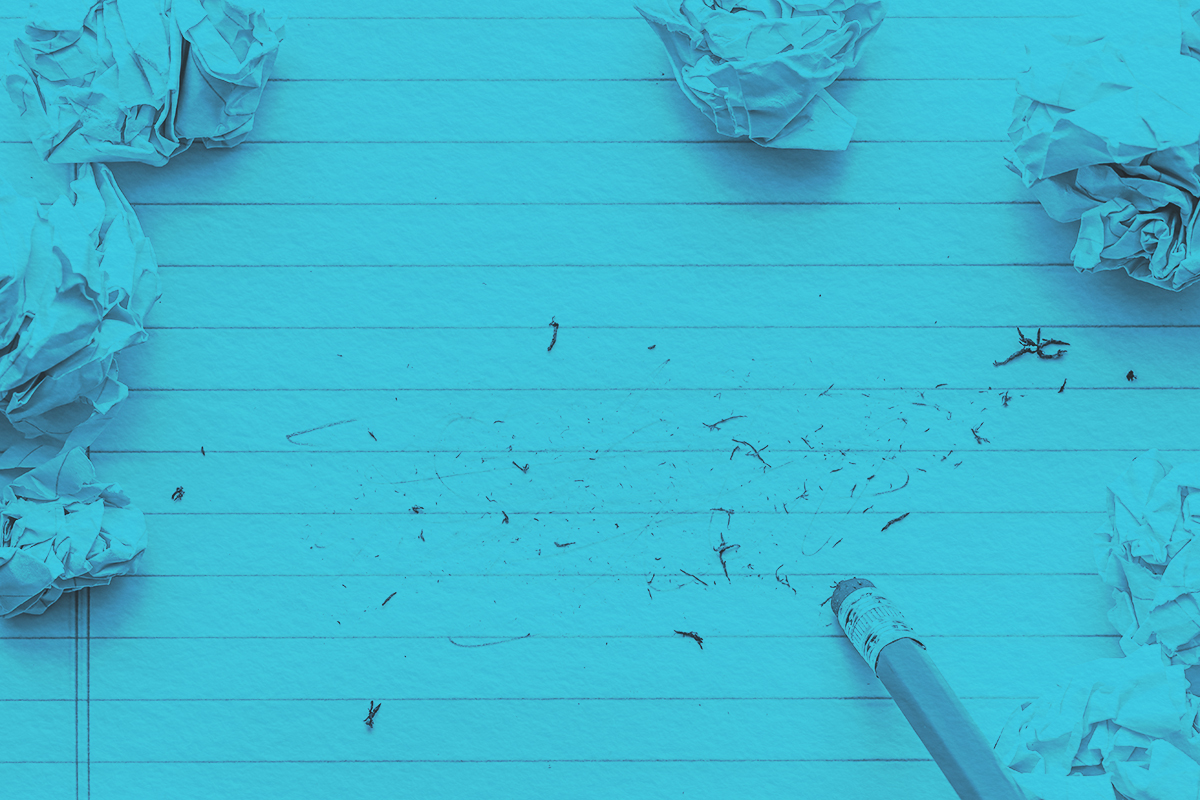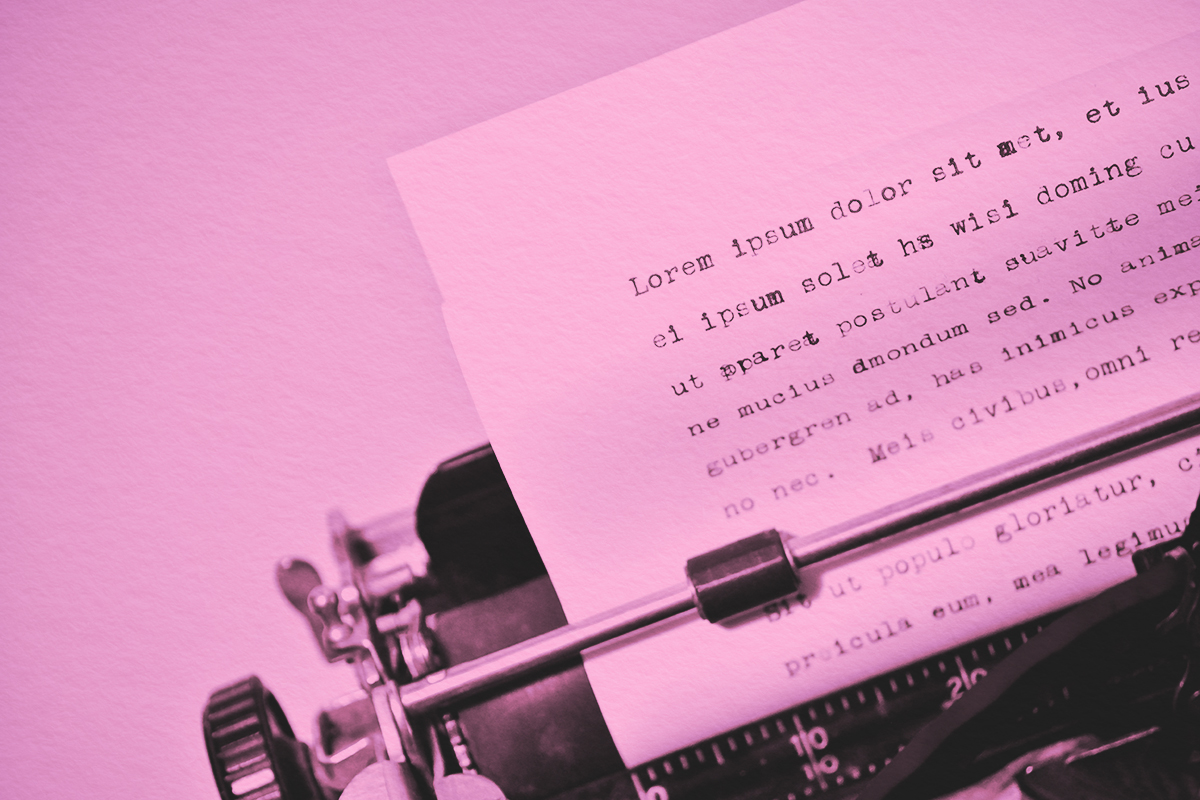
We’ve all been guilty of excessive talking at some point. If you’re telling a long-winded story or giving confusing directions, the dreaded response from someone is “blah blah blah.” “Blah” functions as a nothing word, a fill-in to a sentence, but repeating it three times can leave an impact. This rejoinder boils down to “you’re talking too much” or “this is not interesting.”
“Blah” as a noun is defined as “silly or pretentious nonsense.” As an adjective, it means “dull and unattractive.” It’s a 20th-century word; one of the earliest written accounts in the Oxford English Dictionary is in a 1918 diary. Though the origin is a little fuzzy, it could have come from the French word blasé, which has been carried over into English, meaning “apathetic to pleasure or life especially as a result of excessive indulgence or enjoyment.” If you’re feeling blah or blasé about something in your life, it may be because it’s boring or repetitive. Also a noun, “the blahs” is a colloquial phrase for mild depression — as in, “He fights off the blahs every winter when it’s cold and dreary.”
Then we arrive at “blah blah blah.” The more boring or tedious you find something, the more “blahs” must be added. Punk rock icon Iggy Pop released an album called “Blah-Blah-Blah” in 1986, and it was certified gold in 1987. He wrote the majority of the songs with David Bowie, and despite the title, the album tapped into Iggy Pop’s rageful voice, especially through Bowie’s intense lyrics. The title track “Blah-Blah-Blah” spoke to disaffection with the world. The album’s popularity could have led to a wider adoption of repeating “blah” three times to indicate alienation with something.
Whether you’re bored during a long lecture, or a punk rocker angry about posers, calling out the “blah blah blah” unites us all.

















